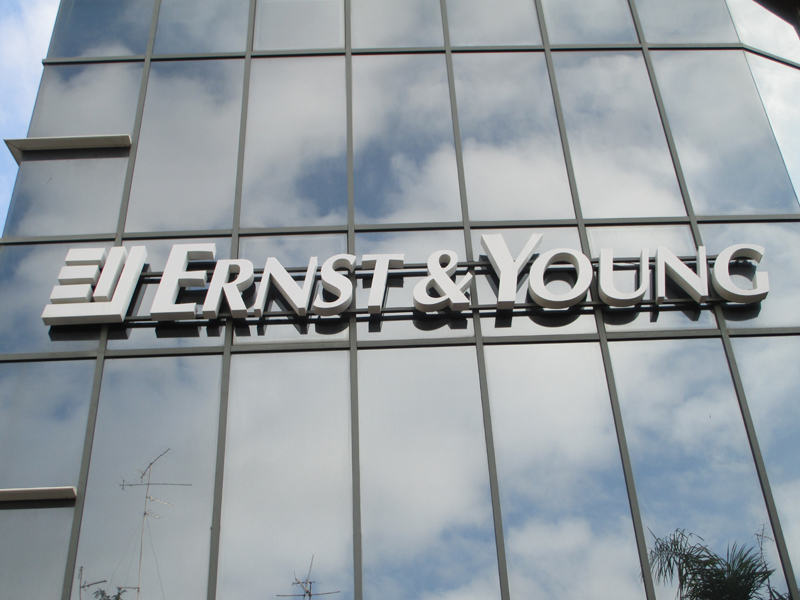- Ernst & Young is offering employees in Australia six to 12 weeks of extra annual leave to travel, work part-time or simply relax.
- The company is also introducing new flexible work policies which will allow staff members to work part-time during school holidays should they so wish.
- They’ve been introduced to appeal to millennials and also “because of increased competition for talent.”
A company in Australia is offering its employees six to 12 weeks of “life leave” a year to travel, work part-time, or just enjoy the time off.
In addition to “life leave,” which can be taken in one or two blocks of time, but which is self-funded, accountancy firm Ernst & Young is also implementing two other initiatives: term-time working and temporary part-time.
“Flexible work policies like this are necessary because of increased competition for talent,” EY Oceania’s people partner Kate Hillman said.
The policies, when they go into effect 1 April, will allow employees the option of a part-time arrangement that allows people to work full-time during the school term times, with school holidays off, or the ability to adopt a part-time work arrangement for up to three months.
According to Hillman, the policies are “intended to address a growing demand for flexible work environments in general, not just working parents.”
As well as offering employees the ability to work and pursue other interests, the firm also found that flexibility in the workplace increases employee engagement by 11%.
“We’re innovating so we don’t lose these people while they pursue passions outside of work,” Hillman explained, referencing such opportunities as volunteering overseas, trekking through Nepal, or participating in extended training programmes.
The influx of millennial employees was also a deciding factor in implementing the company policies, as millennials prioritize flexibility when looking for a job, according to the company.
“Millennials are also driving demand for flexibility as their preference for diverse and stimulating career experiences overrides traditional workplace structures and timelines,” Hillman said.
“By next year, 80% of EY’s workforce across the globe will be millennials, so this is a particularly significant consideration for us.”
© 








